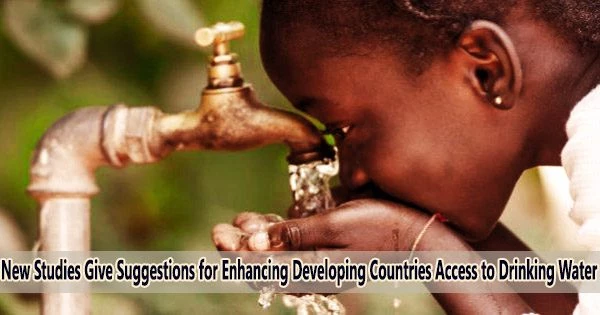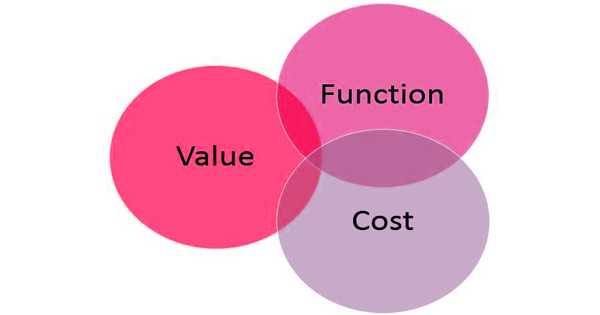The critical issue of drinking water access in rural areas of developing countries is examined in new research by Alfonso Pedraza-Martinez, the Greg and Patty Fox Collegiate Professor of IT, Analytics, and Operations in the University of Notre Dame’s Mendoza College of Business, and it makes recommendations for the best places to develop new water projects.
The work, titled “Improving Drinking Water Access and Equity in Rural Sub-Saharan Africa,” forthcoming in the journal Production and Operations Management, studies access to drinking water in Tigray, Ethiopia, where millions of people walk hours each day to access communal water.
The study, which was co-authored by Indiana University’s Chengcheng Zhai, Kurt Bretthauer, and Jorge Mejia, draws from fieldwork done in Tigray and partnerships with regional and global NGOs.
“The burden of getting water falls mostly on women and children,” said Pedraza-Martinez, who specializes in humanitarian operations and disaster management. “It is not rare to see a woman accompanied by her children carrying a heavy jerrycan full of water back home in the scorching hot weather.”
Due to a lack of local government solutions, NGOs construct water projects that extract subsurface water to shorten the distance and time required for access by the populace. In collaboration with U.S. NGO Charity: Water and Ethiopian NGO Relief Society of Tigray, the team worked to understand the roles of the different stakeholders.
When Ethiopian communities (kebeles) collaborate to access water as a single, larger community, it removes geopolitical boundaries for water purposes. It gives people who live on the outskirts of one kebele the option of walking a shorter distance toward another to use a hand pump or other water source, rather than walking a longer distance to find one in their own kebele. If there is cooperation, this solution is very effective to reduce distance and increase equity.
Pedraza-Martinez
“Building water projects is expensive and funding is scarce,” Pedraza-Martinez said. “NGOs must select locations for new water projects while navigating tight budget constraints and very limited access to data on demand locations.”
“We discovered that communities actively participate in the management of existing water projects, so we propose that two neighbor communities collaborate, pooling their demand, to increase the potential supply for both communities.”
With the present demand and the distance to an active water project in Tigray, the team developed a special dataset. They created an optimum or ideal solution (centralized model) using analytics and compared its results to the current practice, which serves each town independently.
In comparison to the other models they thought about, the community collaboration model proved to be a better answer in terms of accessibility to water and distance from it. The “minimax” model changed the goal to reduce the maximum distance to water, and the equitable allocation model changed the current per capita budget allocations to give more money to those who are farther away from the water.
“When Ethiopian communities (kebeles) collaborate to access water as a single, larger community, it removes geopolitical boundaries for water purposes,” Pedraza-Martinez said. “It gives people who live on the outskirts of one kebele the option of walking a shorter distance toward another to use a hand pump or other water source, rather than walking a longer distance to find one in their own kebele. If there is cooperation, this solution is very effective to reduce distance and increase equity.”
The team also developed a model to examine approaches to increase drinking water availability despite supply shocks, which was inspired by the ongoing civil conflict in Ethiopia.
The team is sharing its findings with Charity: Water is utilizing the new approach to help Malawi and the Central African Republic, among other nations, choose the best areas for new water projects. A pedagogical case study that will share their research findings with MBA programs all over the world is also something they intend to publish.
















